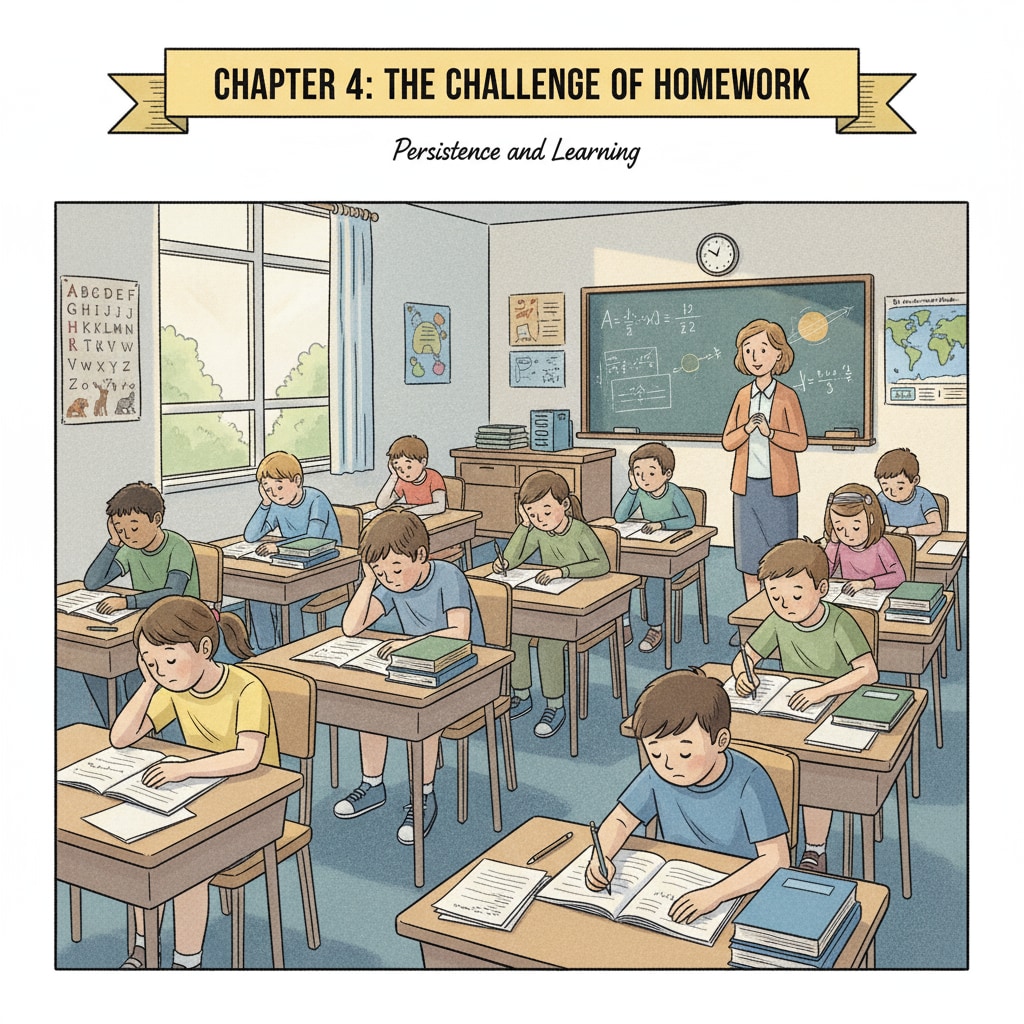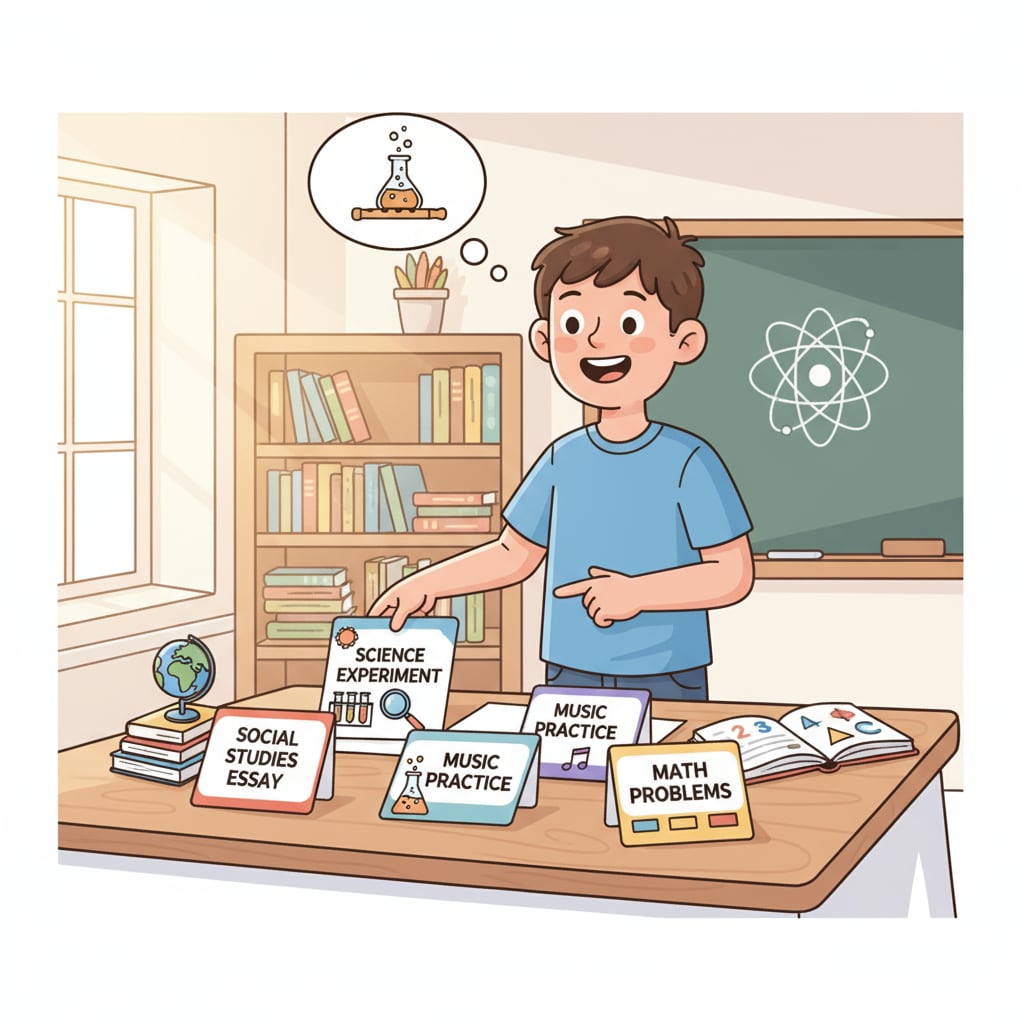Homework, self-responsibility, and learning motivation are three crucial elements in the realm of education, especially in K12. The current homework system in K12 education has long been a topic of debate. While it is intended to reinforce learning, it often brings about unexpected negative consequences.
The Drawbacks of the Current Homework System
The existing K12 homework system typically assigns a set amount of tasks to students, regardless of their individual learning paces and interests. This one-size-fits-all approach often leads to students developing a sense of weariness towards learning. For example, students who struggle with certain concepts may find the excessive homework overwhelming, which can dampen their enthusiasm for learning. According to The National Education Association (NEA), many students feel stressed due to the large volume of homework, affecting their mental well-being and academic performance.

The Concept of Autonomous Homework Selection
Allowing students to choose their homework autonomously could be a game-changer. This approach gives students a sense of ownership over their learning. When students have the freedom to select tasks that align with their interests and abilities, they are more likely to be engaged. For instance, a student interested in science may choose science-related projects or reading materials as homework. This not only boosts their learning motivation but also helps them develop self-responsibility. As stated in an article by ASCD, self-responsibility is a key factor in a student’s long-term academic success.

In addition, autonomous selection can also help educators better understand their students’ learning needs. Teachers can observe which types of tasks students prefer and adjust their teaching strategies accordingly. This creates a more dynamic and effective learning environment.
Readability guidance: As we can see, the current homework system has its flaws, while autonomous selection offers many benefits. By implementing this new approach, we can better balance teaching effectiveness and students’ subjectivity, ultimately fostering a more positive learning experience for K12 students.


